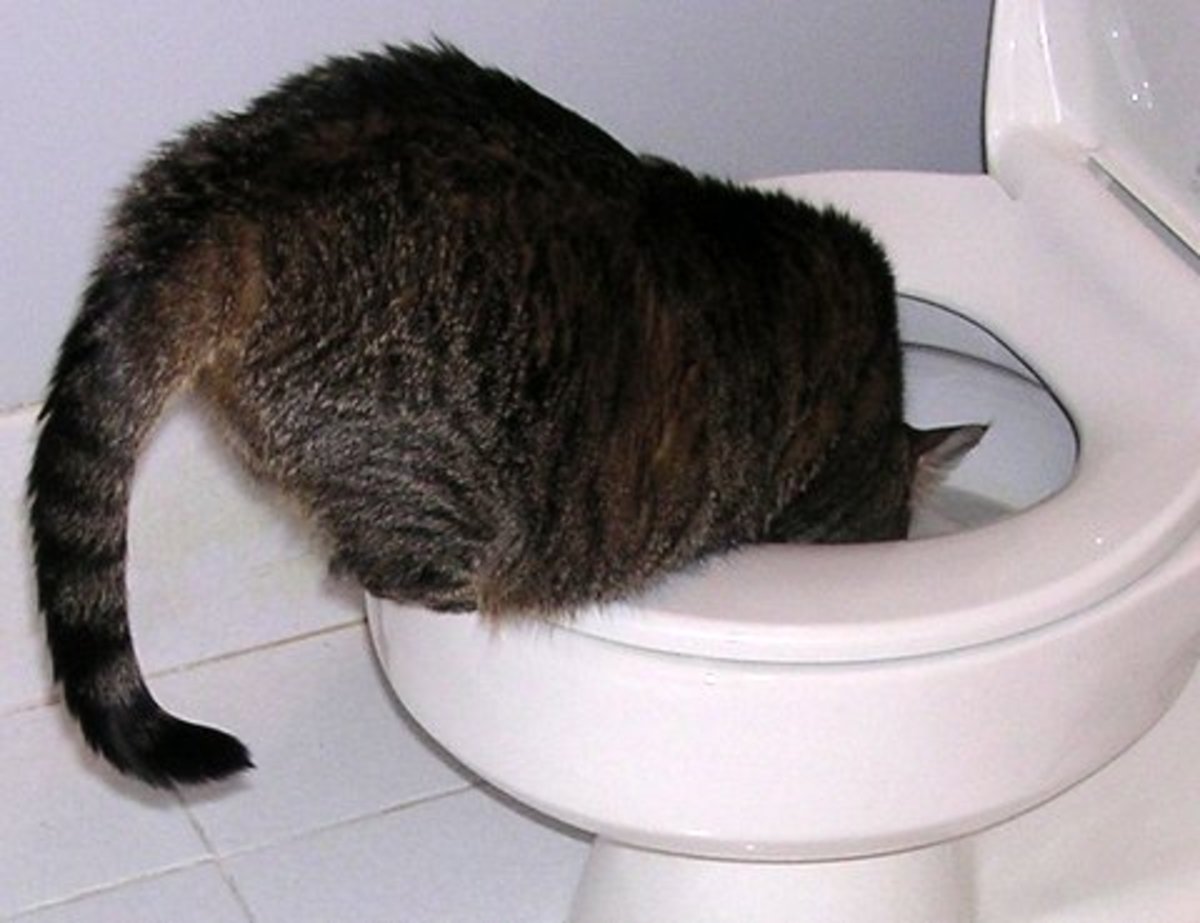Avoid Bathroom Emergencies: Don't Flush Cat Poop Down Your Toilet - Expert Advice
Avoid Bathroom Emergencies: Don't Flush Cat Poop Down Your Toilet - Expert Advice
Blog Article
The publisher is making several great points about How to Dispose of Cat Poop and Litter Without Plastic Bags overall in the content underneath.

Intro
As cat proprietors, it's vital to be mindful of just how we deal with our feline buddies' waste. While it might seem practical to purge feline poop down the commode, this practice can have detrimental effects for both the setting and human wellness.
Alternatives to Flushing
Thankfully, there are much safer and a lot more accountable methods to dispose of cat poop. Consider the complying with alternatives:
1. Scoop and Dispose in Trash
One of the most typical approach of dealing with feline poop is to scoop it into an eco-friendly bag and throw it in the garbage. Make certain to use a specialized trash scoop and deal with the waste promptly.
2. Use Biodegradable Litter
Go with biodegradable feline litter made from materials such as corn or wheat. These clutters are environmentally friendly and can be safely dealt with in the garbage.
3. Hide in the Yard
If you have a yard, consider burying pet cat waste in an assigned location away from vegetable yards and water sources. Make sure to dig deep adequate to prevent contamination of groundwater.
4. Mount a Pet Waste Disposal System
Buy a family pet garbage disposal system especially created for feline waste. These systems make use of enzymes to break down the waste, reducing odor and environmental impact.
Health and wellness Risks
Along with ecological worries, purging feline waste can additionally position health risks to human beings. Feline feces might consist of Toxoplasma gondii, a bloodsucker that can cause toxoplasmosis-- a potentially severe illness, specifically for expectant women and individuals with weakened body immune systems.
Ecological Impact
Purging cat poop presents damaging microorganisms and bloodsuckers into the water supply, positioning a considerable danger to water ecological communities. These impurities can adversely impact aquatic life and compromise water quality.
Conclusion
Accountable pet possession expands beyond giving food and shelter-- it likewise includes proper waste monitoring. By refraining from purging cat poop down the bathroom and opting for alternate disposal techniques, we can decrease our environmental footprint and shield human wellness.
Why Can’t I Flush Cat Poop?
It Spreads a Parasite
Cats are frequently infected with a parasite called toxoplasma gondii. The parasite causes an infection called toxoplasmosis. It is usually harmless to cats. The parasite only uses cat poop as a host for its eggs. Otherwise, the cat’s immune system usually keeps the infection at low enough levels to maintain its own health. But it does not stop the develop of eggs. These eggs are tiny and surprisingly tough. They may survive for a year before they begin to grow. But that’s the problem.
Our wastewater system is not designed to deal with toxoplasmosis eggs. Instead, most eggs will flush from your toilet into sewers and wastewater management plants. After the sewage is treated for many other harmful things in it, it is typically released into local rivers, lakes, or oceans. Here, the toxoplasmosis eggs can find new hosts, including starfish, crabs, otters, and many other wildlife. For many, this is a significant risk to their health. Toxoplasmosis can also end up infecting water sources that are important for agriculture, which means our deer, pigs, and sheep can get infected too.
Is There Risk to Humans?
There can be a risk to human life from flushing cat poop down the toilet. If you do so, the parasites from your cat’s poop can end up in shellfish, game animals, or livestock. If this meat is then served raw or undercooked, the people who eat it can get sick.
In fact, according to the CDC, 40 million people in the United States are infected with toxoplasma gondii. They get it from exposure to infected seafood, or from some kind of cat poop contamination, like drinking from a stream that is contaminated or touching anything that has come into contact with cat poop. That includes just cleaning a cat litter box.
Most people who get infected with these parasites will not develop any symptoms. However, for pregnant women or for those with compromised immune systems, the parasite can cause severe health problems.
How to Handle Cat Poop
The best way to handle cat poop is actually to clean the box more often. The eggs that the parasite sheds will not become active until one to five days after the cat poops. That means that if you clean daily, you’re much less likely to come into direct contact with infectious eggs.
That said, always dispose of cat poop in the garbage and not down the toilet. Wash your hands before and after you clean the litter box, and bring the bag of poop right outside to your garbage bins.
https://trenchlesssolutionsusa.com/why-cant-i-flush-cat-poop/

As an enthusiastic reader about Can You Flush Cat Poop Down The Toilet?, I assumed sharing that piece of writing was a good thing. Are you aware of another person who is interested by the niche? Feel free to share it. I appreciate reading our article about How to Dispose of Cat Poop and Litter Without Plastic Bags.
Call Today Report this page